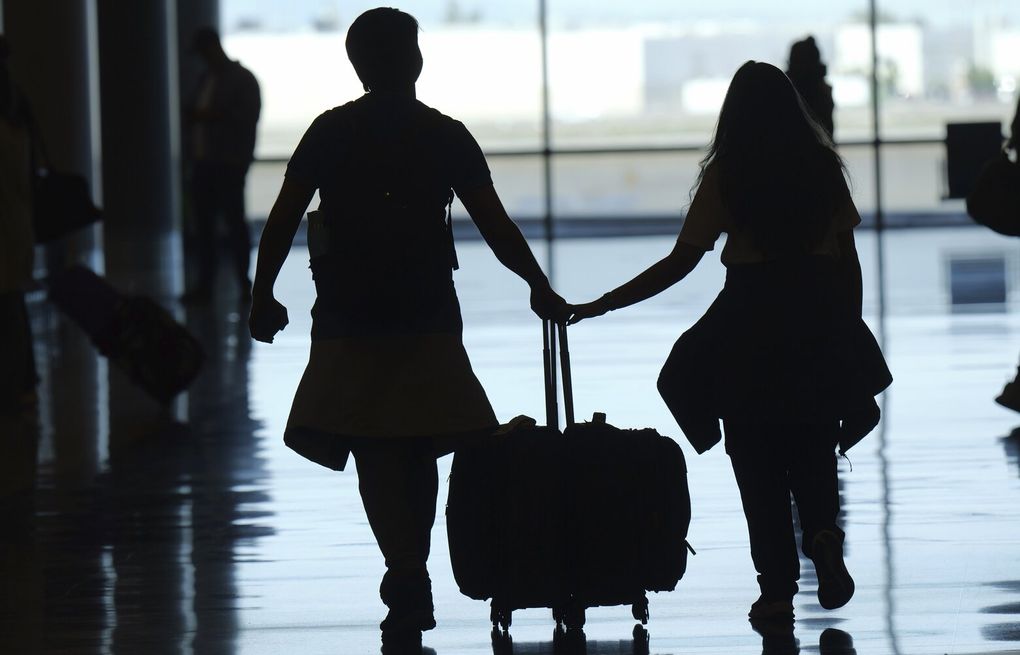Life is full of compromises, especially when traveling during the busy summer season. This summer, travelers can expect packed flights, crowded roads, and full hotels. The Transportation Security Administration set a new record for air travelers screened just before Memorial Day, with nearly 3 million passengers on May 24. U.S. airlines project a record summer, expecting to fly 271 million passengers in June, July, and August, a 6% increase from last summer.

The Reality of Summer Travel in 2024
Road trips are also on the rise, with GasBuddy’s latest survey predicting that 76% of Americans plan to take a road trip between Memorial Day and Labor Day, up 18% from last year. Hotel occupancy rates are expected to reach 63.4%, the highest level since 2019, according to the consulting firm HVS.
With such high demand, travelers face elevated prices and crowded destinations. The key to navigating these challenges is flexibility. “With peak season prices, crowds, flight delays, and more, your itinerary should be in pencil — not pen,” advises Bill Smith, CEO of Landing, a company offering flexible rentals. Flexibility can help minimize travel expenses while maximizing adventure.
Practical Tips for Flexible Travel
To become a more flexible traveler, consider the following strategies:
- Fly to Another City: Sometimes, the destination you want to visit is too popular and expensive. Phil Strazzulla faced this issue when trying to visit Milan last summer, where airline ticket prices exceeded $1,000. Instead, he flew to nearby Zurich, Switzerland, for less, saving over $300 per ticket. This flexibility not only reduced costs but also provided a scenic drive over the mountains.
- Go Off the Beaten Path: Instead of popular destinations like Rome or London, consider alternatives like the Puglia region in Italy or cities like Normandy or Bath in the UK. These less touristy spots can offer a unique experience at a lower cost for lodging, dining, and activities.
- Take a Detour: Utilize stopover programs offered by airlines such as Icelandair, Qatar Airways, and Copa. These programs allow you to spend a day or two at the airline’s hub city at no extra cost, enriching your travel experience and saving money.
Utilizing Flexibility Tools
Several tools can enhance your travel flexibility:
- Landing’s 12-Month Flex Stay Program: This program offers renters up to 30% savings on monthly rates by committing to living with Landing for a year. With locations in over 375 cities, it provides the freedom to move around while saving on accommodation costs.
- Airbnb’s Flexible Dates Search: This feature, introduced during the pandemic, allows you to search for accommodations over a period rather than specific dates, potentially saving up to 20% on vacation rentals.
- Flexible Fare Search Tools: Platforms like Google Flights and Kayak allow you to search for airfares and hotel rates based on flexible schedules. These tools can show you more affordable options by adjusting dates and destinations.
Maximizing Flexibility for a Stress-Free Vacation
Increasing your travel flexibility can help you avoid high costs and reduce stress. “A critical skill is knowing how and when to put white space into your itinerary,” says Stephanie Chastain, owner of Infinite Ireland Travel. White space refers to having blank periods in your schedule for rest and unexpected events. This approach prevents burnout and provides wiggle room for changes.

Flexibility also means being open to different travel options. For example, I recently saved $200 by taking a short ferry ride from Anguilla to St. Martin instead of flying directly to Miami. This kind of flexibility can lead to significant savings and unexpected adventures.
